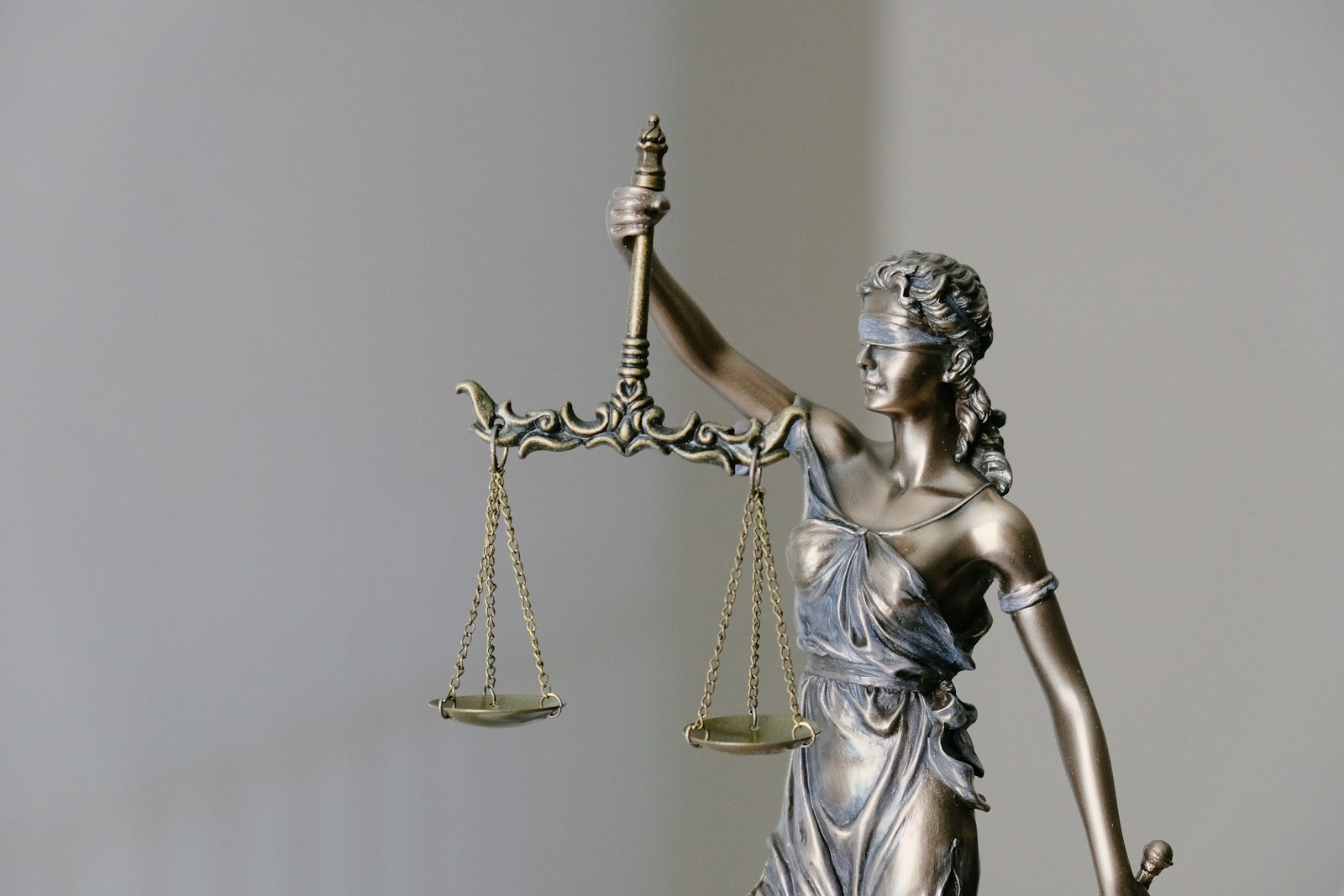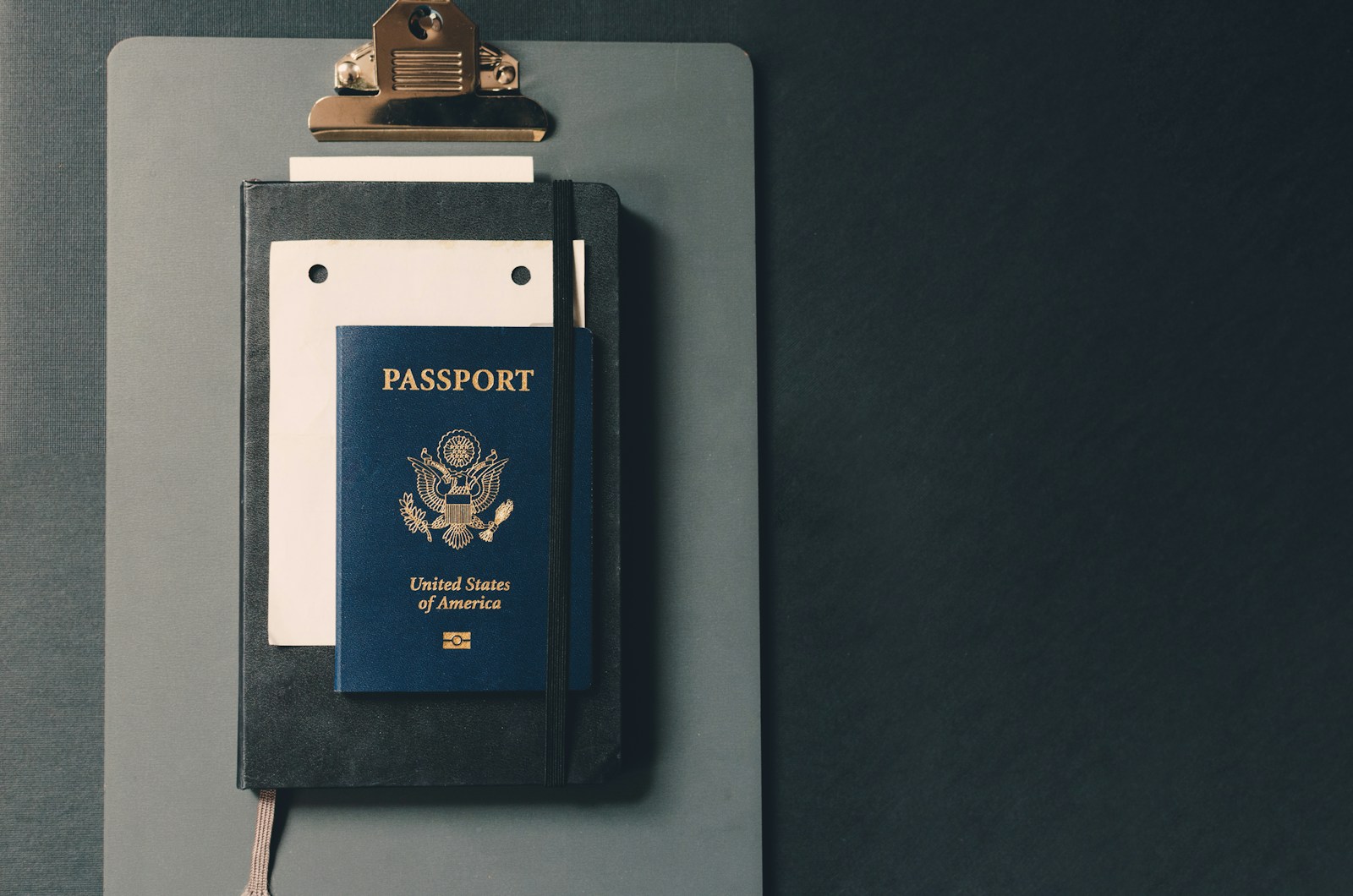
Volatile U.S. tariff announcements continue to affect international supply chains for U.S. construction projects. Although recent litigation has centered on the scope of presidential tariff authority rather than construction‑specific disputes, these decisions carry important implications for how parties structure risk in their contracts. In May 2025, the U.S. Court of International Trade (CIT) struck down certain “Liberation Day” tariffs as exceeding presidential authority under IEEPA. A federal district court in Washington, D.C. likewise issued a preliminary injunction suspending related tariffs—though it later stayed its own order pending appeal. And the Supreme Court has agreed to review cases addressing the legal limits of IEEPA‑based tariffs.
While none of these developments arises from construction disputes, the themes they highlight—timing, statutory authority, and documentation—mirror the issues encountered when tariff conditions disrupt international procurement. The following strategies reflect practical steps U.S. project owners, contractors, and foreign suppliers can take to mitigate risk, drawing on drafting approaches now widely used across major construction forms, including—but not limited to—modified AIA agreements.
1. Strengthen Contract Provisions to Manage Tariff‑Driven Cost Escalation
Clarify Escalation and Cost‑Sharing Models
Many construction contracts include capped risk‑sharing structures to address material cost volatility. Contractors typically absorb cost increases up to a negotiated threshold—often 10–15%—after which owners share or assume the excess, subject to notice and documentation requirements. This remains one of the most balanced approaches to addressing tariff unpredictability.
Contracts also increasingly include pricing trigger ranges (commonly ±5–10%) requiring the parties to reassess pricing when material costs shift beyond agreed bands.
Use Precise, Timing‑Based Tariff Definitions
Construction contracts must also take into account tariff effective dates, specifying that tariff‑related relief applies only to tariffs enacted after the contract’s effective date.
Balance Escalation With Savings Provisions
Because some tariffs have been suspended or stayed pending appeal, well‑drafted contracts now include savings provisions requiring parties to share decreases in cost when tariff‑related prices fall. This symmetry promotes fairness and reduces disputes as markets stabilize.
2. Refine Risk Allocation Across Interlocking Contract Clauses
Tariff‑related risk is typically spread across multiple provisions—not just escalation clauses.
Guaranteed Maximum Price (GMP) Contingency Language
On GMP projects, contractors often negotiate the right to use contingency funds for tariff‑related cost increases. Owners typically limit such use to non‑contractor‑caused events. Clear drafting reduces later disagreement over whether contingency use was appropriate.
Buyout and Price‑Hold Requirements
Volatile tariff timing has led some subcontractors to resist long price‑hold periods. Contracts should address how design development, delayed notices to proceed, or owner‑driven sequencing changes affect suppliers’ pricing obligations.
Tailored Delay Provisions
Tariff‑driven procurement delays may be treated as excusable (but not necessarily compensable). Expressly identifying tariff‑related disruptions as potential causes of excusable delay promotes clarity without overreliance on force‑majeure provisions—which courts interpret narrowly.
3. Mitigate Procurement Exposure Through Early Planning and Supplier Engagement
International commentary notes that sudden tariff changes can significantly disrupt supply chains, especially in industries dependent on imported steel, aluminum, and specialty components. For construction projects with cross‑border material dependencies, the following steps can reduce exposure:
- Early procurement or hedging to secure pricing before tariff changes.
- Alternative or parallel sourcing to diversify suppliers in non‑impacted regions.
- Structured supplier communication protocols to ensure early notice of tariff developments.
- Rolling procurement schedules that help isolate tariff‑related impacts before full buyout.
4. Strengthen Documentation and Notice Practices
Tariff‑related litigation underscores the importance of detailed, contemporaneous records. Construction participants can adopt documentation discipline through:
- Procurement records showing when quotes were obtained and how tariff timing affected pricing.
- Supplier correspondence linking cost or schedule impacts to specific tariff enactments.
- Documentation of mitigation efforts, including alternative sourcing and expedited procurement.
- Separate cost‑tracking for tariff‑driven impacts versus general market inflation.
5. Incorporate Flexible Contractual Tools to Address Tariff Volatility
While tariffs may trigger broader cross‑border commercial disputes, construction stakeholders can still manage volatility by proactively incorporating flexible and well‑structured contractual tools, such as:
- Predefined cost‑sharing thresholds tied to tariff‑driven cost increases.
- Conditional pricing adjustments triggered by new or rescinded tariff actions.
- Re‑pricing or termination rights in extreme circumstances.
- Structured review procedures to evaluate tariff impacts collaboratively.
These tools help project participants respond to tariff changes constructively and maintain project momentum.
Conclusion
As courts continue evaluating the legality of recent U.S. tariff actions, construction stakeholders can seek to mitigate the risk of the politically weaponized tariffs through carefully coordinated contract drafting, proactive procurement planning, and robust documentation. By updating contract provisions to address tariff timing, escalation, savings, contingencies, and procurement delays, owners, contractors, and suppliers can manage politically driven tariff volatility with greater confidence and stability.








